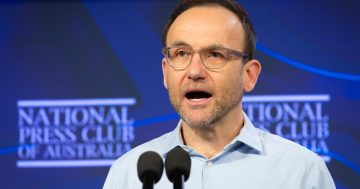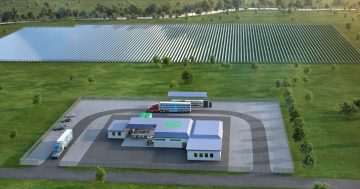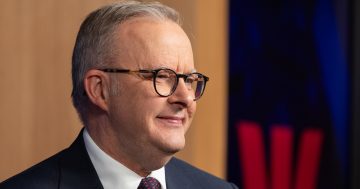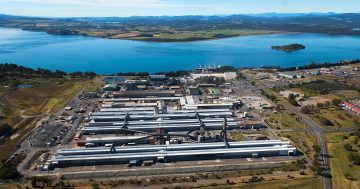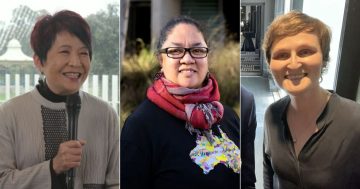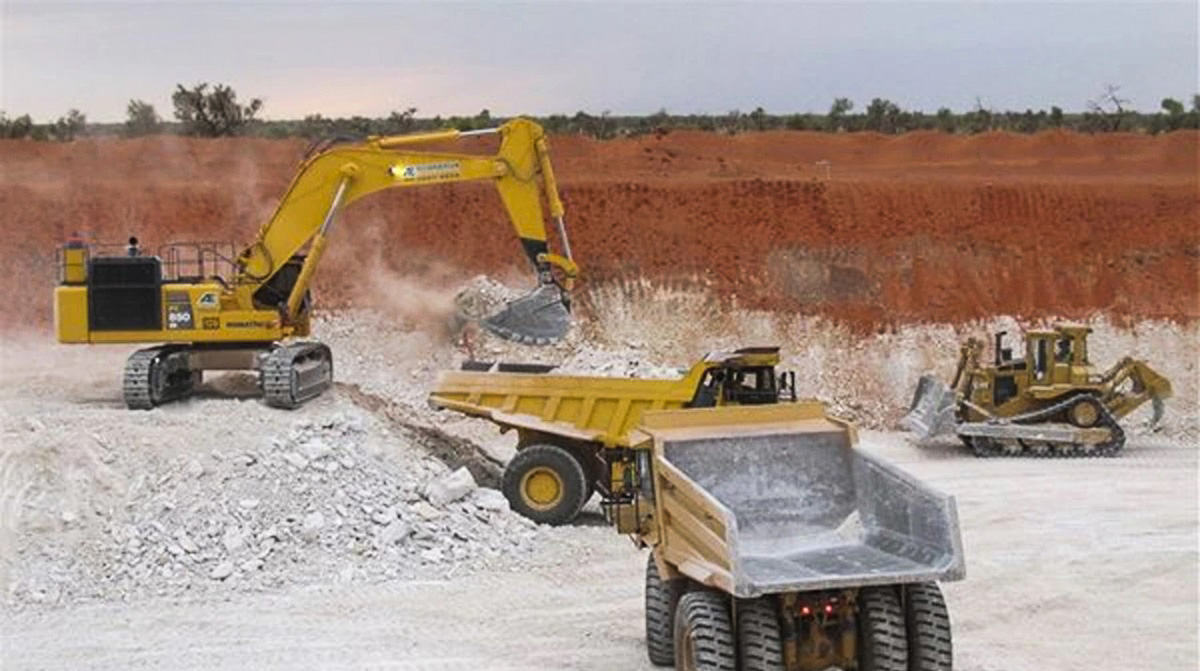
Queensland Greens want to create a publicly owned mining company in the state’s north. Photo: Avenira.
The Greens in Queensland have vowed to create a publicly owned mining company in the north of the state with the intention of sharing profits across the community.
Using Queensland Parliament as the backdrop for their announcement on Wednesday (11 September), the minor party expressed their frustration with current policy directions towards mining companies.
The Greens would establish what they have labelled Queensland Minerals, a State Government-owned mining company that would expand critical minerals production in Queensland’s North West Minerals Province and “make sure the profits are shared fairly”.
Admitting that their plan is “novel” for Queensland, they point to publicly owned mining companies being both commonplace and successful around the world.
Globally, they state more than a third of resource production is carried out by state-owned enterprises, with public mining companies in Sweden, Norway and Chile delivering billions in public revenue every year to spend on public health, education, services and infrastructure.
Queensland Greens MP Michael Berkman said huge corporations had had too much of the state’s mining wealth for far too long.
“Coal jobs and royalties have helped keep Queensland running for decades, but now we need a plan for what’s next,” he said.
“For decades, Labor and the LNP have let Australia’s mining wealth flow straight into the pockets of big multinational corporations, with 86 per cent of their profits going to overseas shareholders.
“Instead of squandering the next mining boom sending profits overseas, the Greens want to keep them right here in Queensland.
“Queensland Minerals, the Greens’ proposed public mining company, would mean Queenslanders get a fair share from our critical mineral wealth.”
The MP said 100 per cent of profits from Queensland Minerals would go back to the people of Queensland, with an extra $14 billion to spend on things like hospitals, schools and housing.
“The best job for a coal miner is another mining job, which is why we’d give former coal and gas workers priority for jobs at Queensland Minerals,” he said.
“Queenslanders have missed out on the benefits that so many other countries around the world get from publicly owned mining companies. It’s time to fix that.
“Queensland’s North West Minerals Province has an estimated $500 billion worth of the critical minerals we need for new technologies like solar panels, wind turbines and batteries.
“We should be aiming to capture more than half of that for the people of Queensland, like they do in Norway.
“Under Labor, Queensland taxpayers are already paying billions to support new mining infrastructure – we think the benefits should come back to taxpayers, not big multinationals’ profits.”
The Greens’ plan includes creating a publicly owned mining company to take a direct ownership share of Queensland’s mineral wealth.
An initial $4 billion investment in Queensland Minerals would be required, with revenue expected to reach $14 billion by 2050.
It aims to create 1000 new mining jobs, with priority given to former coal and gas mine workers as well as local First Nations people.
The Greens would amend Queensland law to ensure that Queensland Minerals receives first priority for any new exploration and mining licences for critical minerals in the NWMP, secured via changes to state legislation.
The public mining company will also acquire existing exploration and mineral development licences from private mining companies on commercial terms, paying a fair price based on the value of those leases.
Of the estimated $500 billion of critical minerals in the North West Minerals Province critical to decarbonising the global economy, the Greens say there is $215 billion worth of zinc that can be used for galvanising wind turbines, solar panels, and other infrastructure to protect against rust. Zinc batteries are also being developed as a non-flammable, low-cost alternative to lithium.
Additionally, they say there is $119 billion of copper for use as a corrosion-resistant conductor of electricity, $15 billion worth of cobalt for batteries, $28 billion of gold also for corrosion-resistant electricity conduction, $104 billion worth of lead for making highly recyclable batteries and insulating sheaths for power cables, $69 billion worth of silver which is used to make solar panels; plus graphite, vanadium, rhenium, molybdenum, and rare earth elements.
Queensland Greens currently hold two of the state parliament’s 93 seats.



